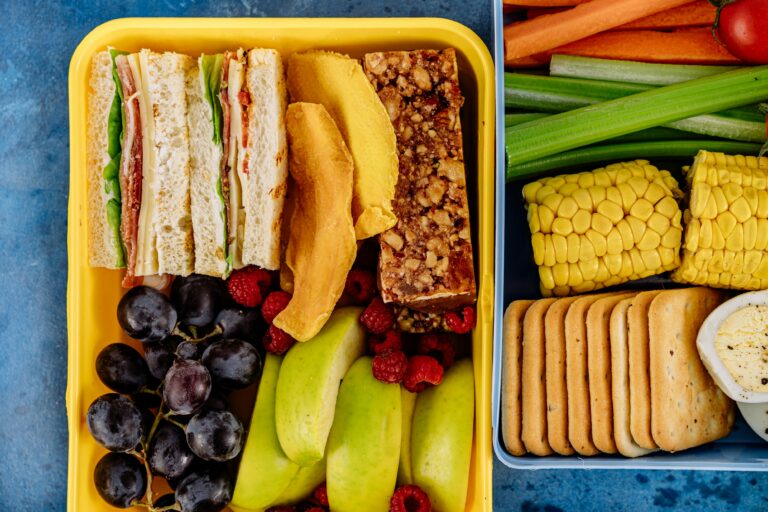The Benefits of Meditation and Mindfulness

Meditation and mindfulness practices have gained widespread recognition for their numerous benefits to both mental and physical health. Here’s a detailed look at the various advantages of incorporating these practices into your daily life:
1. Reduces Stress and Anxiety
- Stress Reduction: Meditation and mindfulness help lower cortisol levels (the stress hormone) in the body, leading to reduced stress.
- Anxiety Management: Regular practice can help lessen symptoms of anxiety by promoting relaxation and helping individuals stay grounded in the present moment.
2. Improves Mental Clarity and Focus
- Enhanced Concentration: Mindfulness trains the brain to focus on the present, improving attention span and cognitive function.
- Decision Making: Greater mental clarity aids in making more thoughtful and less impulsive decisions.
3. Emotional Health and Well-being
- Emotional Regulation: Meditation helps improve emotional regulation by increasing awareness and acceptance of thoughts and feelings.
- Increased Happiness: Practices such as loving-kindness meditation can increase positive emotions and overall life satisfaction.
4. Promotes Physical Health
- Lower Blood Pressure: Meditation can help reduce blood pressure by promoting relaxation and reducing stress.
- Pain Management: Mindfulness meditation has been shown to reduce discomfort associated with chronic pain by altering the way pain is perceived and experienced.
- Immune Function: Regular practice can improve immune function, helping the body to fight off illness more effectively.
5. Enhances Sleep Quality
- Better Sleep: Meditation can improve sleep quality by helping the mind to relax and reduce the racing thoughts that often lead to insomnia.
- Insomnia Relief: Mindfulness-based stress reduction (MBSR) techniques can help reduce the severity of insomnia.
6. Increases Self-Awareness
- Self-Reflection: Mindfulness encourages self-reflection, helping individuals gain deeper insights into their thoughts, emotions, and behaviors.
- Personal Growth: This increased self-awareness fosters personal growth and can lead to more fulfilling relationships and life choices.
7. Supports Addiction Recovery
- Craving Reduction: Meditation can help reduce cravings and increase self-control, providing valuable support for addiction recovery.
- Behavioral Change: Enhances the ability to cope with triggers and prevent relapse by promoting mindful responses instead of automatic reactive behaviors.
8. Boosts Creativity and Problem-Solving Skills
- Creative Thinking: The relaxation and mental clarity that come from meditation can foster creative thinking and enhance problem-solving abilities.
- Open-Mindedness: Being mindful can help individuals approach problems with an open mind, leading to innovative solutions.
9. Promotes Compassion and Empathy
- Empathy: Practices like loving-kindness meditation can increase empathy for others.
- Compassionate Behavior: Enhances feelings of compassion and encourages altruistic behavior, improving social relationships and community bonds.
10. Enhances Overall Quality of Life
- Mindful Living: By cultivating mindfulness, individuals can appreciate life’s moments more fully, leading to a richer and more fulfilling life experience.
- Life Balance: Helps in achieving a better work-life balance by promoting relaxation and reducing burnout.
How to Get Started with Meditation and Mindfulness
Find a Quiet Space
- Environment: Choose a quiet, comfortable place where you won’t be disturbed. This can be a dedicated meditation space, a quiet corner, or even a spot in a park.
Start Small
- Duration: Begin with just 5-10 minutes a day and gradually increase the duration as you become more comfortable with the practice.
- Consistency: Consistency is key. Try to meditate at the same time each day to build a routine.
Focus on Breathing
- Breath Awareness: One of the simplest ways to start is to focus on your breath. Pay attention to the sensation of air entering and leaving your nostrils or the rise and fall of your chest.
- Counted Breaths: You can also count your breaths to help maintain focus.
Guided Meditations
- Apps and Online Resources: Use meditation apps like Headspace, Calm, or Insight Timer, which offer guided sessions tailored to various needs and lengths of time.
- Classes and Groups: Consider joining a meditation class or group for guidance and community support.
Practice Mindfulness Throughout the Day
- Mindful Moments: Integrate mindfulness into everyday activities. This can be as simple as paying full attention to what you’re doing, whether it’s eating, walking, or even washing dishes.
- Body Scan: Regularly check in with your body and notice any areas of tension or discomfort, letting go of stress as you become aware of it.
Conclusion
Meditation and mindfulness offer a wide range of benefits that enhance mental, emotional, and physical well-being. By incorporating these practices into your daily routine, you can experience significant improvements in stress management, emotional health, focus, and overall quality of life. Whether you’re a beginner or an experienced practitioner, mindfulness and meditation can provide valuable tools for living a more balanced and fulfilling life.Run
Ctrl
↵






